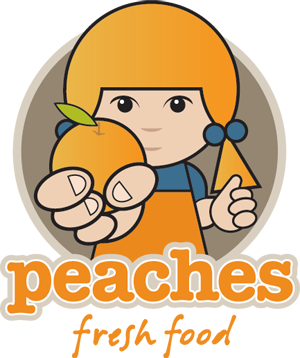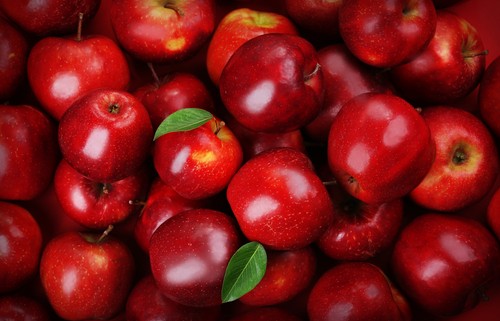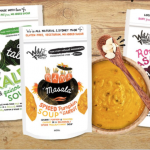Why eating in season is better for everyone?
We all know that there are foods that grow better in the summer, and better in winter, but did you know that eating within the season is actually better for yourself and the environment.
It’s true for a couple of reasons.
Not only does eating within the season actually reduce your grocery spend (it’s more expensive to buy fruits such as berries or mangoes in winter, as opposed to summer, but there are plenty of apples in stock), it actually will help mother nature.
Here are our top reasons why you should eat what’s in season:
Reason #1
Reduced transportation = less CO2 emissions
When you are buying outside of your season, more likely than not those fruit and veggies have to be shipped in from some far-flung corner of the world.
This actually increases the amount of transportation needed to get those goods into a store for your enjoyment.
When you eat what’s in season, more likely than not, those products are coming from your own backyard.
It’s important that you still get all your macronutrients, but you should make sure you do your research depending on the season.
Reason #2
You get more variety in your diet
One of the side-effects of eating in seasons is that you get to eat a broader variety of foods in your diet.
For example, in winter you can try beautiful, seasonal artichokes, as they are plentiful.
It gives you an opportunity to get more creative in your diet.
As a result of this, you will find yourself being healthier and more well-rounded.
Reason #3
You’ll have a more nutritious diet
Any produce that is in season is more likely to be fresher and therefore, higher in nutritional value.
Many vitamins in food, such as vitamin C, folate and carotenes, will rapidly decline when stored for longer periods of time.
Locally sources fruits and vegetables will appear brighter and more vibrant, which is an indication that they are packed full of amazing nutrients for your body!
Reason #4
You’ll save more money
When farmers are harvesting a large amount of produce when it is plentiful, the cost of the produce will go down.
When fruits and vegetables are stored and transported, the costs are actually going to be higher.
Produce that is sourced from overseas will undoubtedly be more expensive than the local, plentiful produce.
So what is in season in Australia?
Winter
- Apples
- Avocadoes
- Bananas
- Grapefruit
- Kiwi
- Kumquats
- Limes
- Melons
- Nashi Pears
- Pawpaw
- Beetroot
- Broccoli
- Brussel Sprouts
- Cabbage
- Carrots
- Cauliflower
- Celery
- Kale
- Leek
- Lettuce
- Parsnips
- Peas
- Radish
- Rhubarb
- Silver Beet
- Spinach
- Turnips
Autumn
- Apples
- Bananas
- Custard Apples
- Figs
- Grapes
- Guava
- Mandarins
- Melons
- Pears
- Quinces
- Artichokes
- Beans
- Beetroot
- Capsicum
- Chillies
- Cucumber
- Eggplant
- Onions
- Spring Onion
- Squash
- Sweet Corn
- Zucchini
Spring
- Avocadoes
- Berries
- Blueberries
- Currants
- Figs
- Limes
- Loquats
- Mandarins
- Mangoes
- Mulberries
- Oranges
- Passionfruit
- Pawpaw
- Strawberries
- Asparagus
- Beans
- Broccoli
- Carrots
- Cauliflower
- Garlic
- Lettuce
- Potatoes
- Radish
- Swedes
- Turnips
- Zucchini
Summer
- Apricots
- Avocadoes
- Bananas
- Cherries
- Melons
- Nectarines
- Peaches
- Plums
- Strawberries
- Beans
- Capsicum
- Lettuce
- Onion
- Peas
- Potatoes
- Rhubarb
- Silver Beets
- Spring Onions
- Squash
- Sweet Corn
- Tomatoes
- Turnips
- Zucchini




